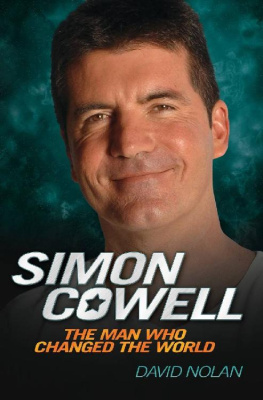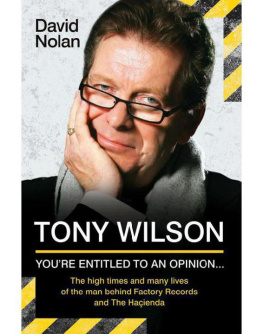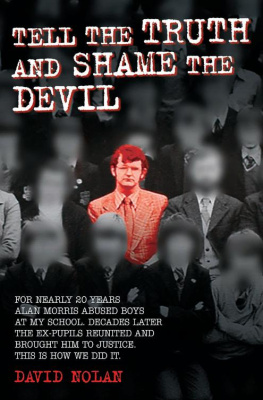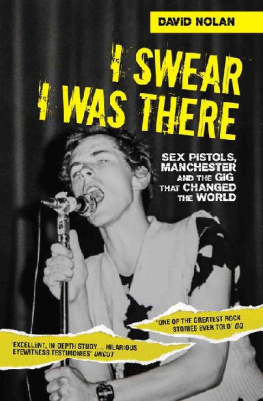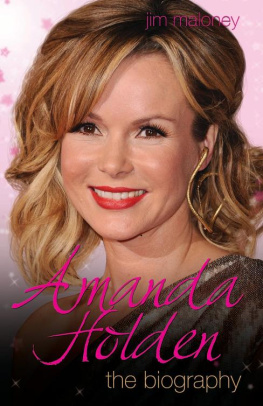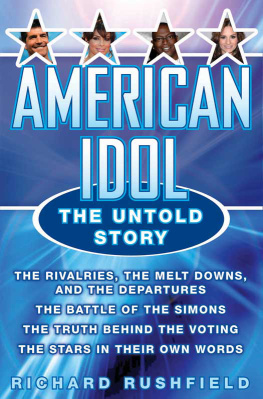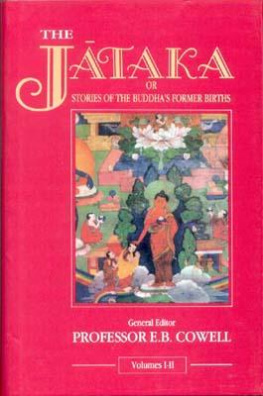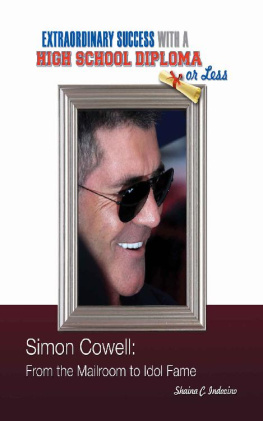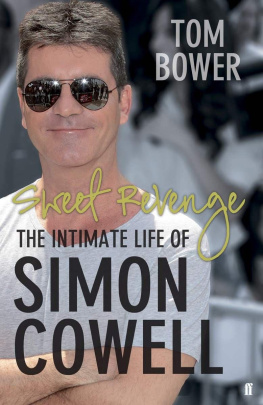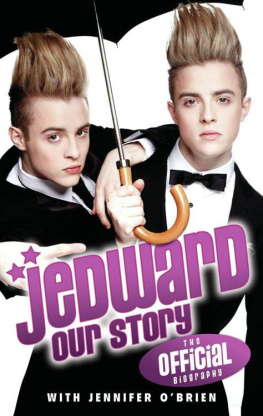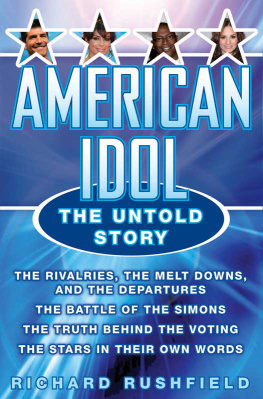W e are backstage at the National Television Awards at the O2 Arena in Londons Docklands. Britains TV industry is doing what it does best glad handing, air kissing and congratulating itself. Business as usual.
In the dressing rooms and communal areas, TV monitors show a feed of whats happening on stage. In front of an enormous, hyped-up crowd the usual suspects are getting their gongs: Ant and Dec, outgoing Doctor Who David Tennant and Gavin and Stacey writer and star James Corden.
But some of the screens arent tuned to the prizegiving: theyre switched to 24-hour news channels. Whats more, they show very different pictures rolling news images of the horror caused by a devastating earthquake in Haiti eight days earlier, flickering silently as the party gets started for the television stars and their producers.
One man, clutching an award for Most Popular Talent Show, watches the pain on the faces of the Haitian survivors. Even the hardest of hearts cant fail to be touched by the human disaster thats on display and this mans heart is famously harder than just about anyones.
A plan has started to form in his mind and a high-profile event such as this is the perfect opportunity for him to start putting it into action. He holds court, something he is clearly very used to. Im literally making this up as we go along, he tells reporters in a corridor outside the room set aside for press interviews. Weve put the word out, well see what comes in over the next two or three days. I dont know whos available but I will get a record out in the next seven to ten days. The Prime Minister called me a couple of days ago and said if we put a record out hell waive the VAT. Its not the best time because logistically were all over the place.
As the head of a billion-pound music and TV business, this man has a schedule thats a globally punishing one. As well as picking up television awards in London, hes fulfilling filming commitments for Britains Got Talent around the UK, and the ninth season of American Idol the last he is to be involved with has just gone on air in the US. Then theres the small matter of his music company Syco, with artists such as Susan Boyle, Leona Lewis, Il Divo and Westlife to look after. How difficult is this going to be for you? asks one journalist. Not as difficult as the time theyre having, he replies, without missing a beat. I will make it happen.
No one doubts the man for a second. After all, hes Simon Cowell. Hes changed the world. And hes about to do it again.
I CANT REFUSE THE TASK
T iptoeing through the shrubs and bushes, the little boy felt drawn to the buzz of light and noise that seemed to glow from his neighbours house. The young Simon Cowell loved nothing better than to peer over the garden fence of his childhood home in the village of Elstree, north of London. It would take him a little longer than most kids to get to the garden fence, as the detached property he and his family lived in was set on five acres of land. But it was worth the trek, because of what he saw on the other side.
By any standards to be expected in the early 1960s, the Cowells were comfortably off. Their home Abbots Mead was an eight-bedroomed affair with a separate lodge house. It was tended by a gardener and a cleaner, and the family had a live-in nanny. They took several holidays abroad each year one would be in Bermuda so they knew luxury when they saw it. But the view little Simon got of his neighbours homes from over that fence was something altogether different. It was like spying on another, even more glamorous, planet.
On one side of the Cowell sprawl their neighbour was Gerry Blatner, the UK boss of Warner Brothers. If a star was in town, plying their trade at the nearby film studios at Elstree and Borehamwood, they were sure to find themselves being entertained in some style at Blatners house. In later years Simon Cowell would recall stars such as Richard Burton, Gregory Peck, Robert Mitchum and, particularly, Roger Moore who was filming the hit sixties TV show The Saint descending on the upmarket village.
But there was more. On the other side of Abbots Mead was British movie star Joan Collins and her then husband, the singer and actor Anthony Newley. The pair had settled into the adjoining property, Friars Mead, in 1964 after Joan gave birth to her first child. The noise, laughter and glamour that wafted over the Cowell fence from both sides during those evening spying missions would have a profound effect on the boy. As a kid, I would look over the fence at this great house and see everyone Robert Mitchum, Elizabeth Taylor, all these great actors having the time of their lives, Cowell later recalled in an interview with journalist Stephen Armstrong. I remember thinking from a very, very early age, God, I hope I grow up and have a nice house so I can have parties like that.
It was at those moments, peering at these creatures from another planet, that Simon Cowell decided that he wanted to get into show business.
The extended, slightly convoluted family that Simon Cowell was born into already had a fair few touches of showbiz of its own. His mother known to all as Julie was born Josie Dalglish in 1925 and had been an actress and dancer from an early age, performing under the name Julie Brett. Her first marriage was to a fellow performer an actor named Bertram. The marriage wasnt to last long but did produce two children, Michael and Tony. The boys were very young when the split came.
Simons father, Eric Cowell, was some seven years older than Julie. He was a raffish estate agent who also already had two children John and June. Erics marriage faltered when the children were aged five and four. June was a stage school girl, a contemporary of Francesca Annis, Susan George and Judy Geeson. She recalls being taken to film sets in a Bentley as a child. She appeared in the 1957 prisoner-of-war drama Seven Thunders , but her most memorable performance was in the cult science-fiction chiller Village of the Damned , playing one of a group of blonde-haired alien children taking over a sleepy English village. The film was released in 1960 to great critical acclaim and commercial success, but June was to lose her taste for performing in her teens, finding the attention she received from men in the industry distasteful.
Mum Julie was outgoing, the life and soul of the party. According to Simon, interviewed in The Times in 2007, she was, A creature of the 1960s. She absolutely typified that whole Jackie Onassis glamorous look. Very energetic, very vivacious, very camp. During that time, she was in her element.
Julie would love to tell the story of her silent, elongated courtship with Eric. Each week, Julie would travel by train to visit her mother. Always accompanied by a female friend, she would often notice a dark-haired, well-dressed man who took the same train. This continued for a full two years until, on one occasion, Julies friend couldnt make it, and she made the trip alone. Eric saw his chance and took it, asking the young mum out for a drink. They became a couple soon afterwards but didnt marry until 1961.
Eric and Julie already had three boys and a girl between them, but wanted children together to complete their family. It would prove to be a long, difficult process. Although she became pregnant quickly, complications arose and at eight months she had a baby boy by Caesarean section. The poorly child, named Stephen, would, sadly, survive for only one week. Julie and Eric continued with their attempts to add to their family and, after two more miscarriages and ongoing hormone treatment, Julie became pregnant once more again there were complications and she was hospitalised, convinced that things were set to go badly wrong once again.

